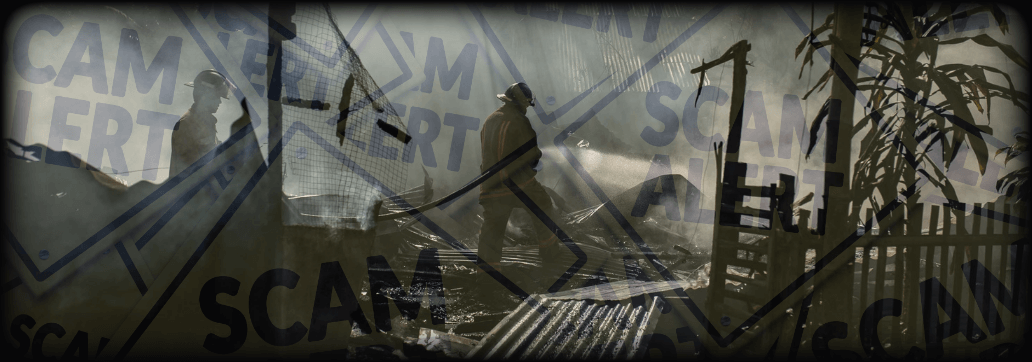Contents:
The SEC’s Office of Investor Education and Advocacy alerted in relation to a concerning situation, as it is becoming very likely that the scammers will start targeting the victims that will receive compensation as large payouts from insurance companies as a direct result of Hurricane Ida’s damage.
This wouldn’t be the first time when hurricane-related scams promising high returns for investing small sums in thinly-traded companies that would’ve made massive profits from cleanup and recovery efforts were seen.
Some scams may be promoted through email and social media posts promising high returns for small, thinly-traded companies that supposedly will reap huge profits from recovery and cleanup efforts. For example, the SEC brought a number of enforcement actions against individuals and companies who made false and misleading statements about alleged business opportunities in light of damage caused by Hurricane Katrina in 2005. Some of those cases involved pump-and-dump scams where fraudsters used bogus “news” to pump up the stock price of small companies so they could sell their own shares at artificially high prices. Fraudsters also may target individuals receiving compensation from insurance companies.
How to Remain Safe in This Situation?
People should be wary to ask anyone approaching them with an investment opportunity if they’re licensed and if their investment is registered with the SEC or with a state.
Take a close look at your entire financial situation before making any investment decision, especially if you are a recipient of a lump sum payment. Remember, your payment may have to last you and your family for a long time.
This alert follows another one released by the FBI’s New Orleans office that was alerting the public about an increased risk of fraudsters trying to capitalize on the Hurricane Ida natural disaster.
Unfortunately, hurricane or natural disaster damage often provides opportunities for criminals to scam storm victims and those who are assisting victims with recovery.
In order to remain safe, the FBI provided a set of good practices that can be used by the victims affected by the natural disaster.
According to BleepingComputer, some of the advice provided by the FBI was:
- Not responding to unsolicited (spam) emails.
- Remain skeptical regarding the individuals recommending themselves as officials soliciting donations.
- Not clicking on links within an unsolicited email.
- Not providing personal or financial information to anyone who solicits contributions; providing such information may compromise your identity and make you vulnerable to identity theft.
- Remain cautious of emails claiming to offer employment for which you did not expressly apply.
- Thoroughly research housing ads before sending money to a potential landlord.










 Network Security
Network Security
 Vulnerability Management
Vulnerability Management
 Privileged Access Management
Privileged Access Management  Endpoint Security
Endpoint Security
 Threat Hunting
Threat Hunting
 Unified Endpoint Management
Unified Endpoint Management
 Email & Collaboration Security
Email & Collaboration Security








